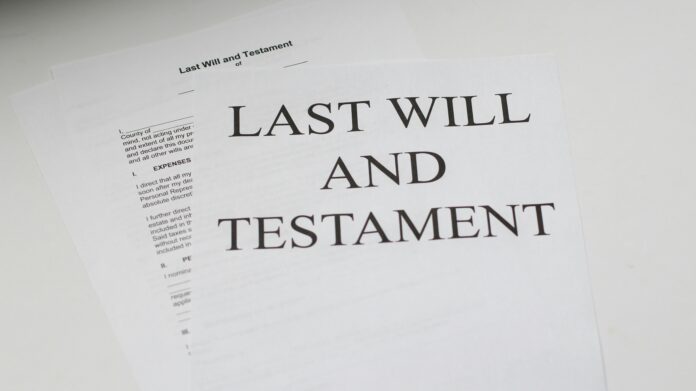
Q. My mother died when I was very young and my father re-married and moved away. I was brought up by my father’s brother and his wife, who I considered to be my parents. They had one estranged daughter in Australia, who they hadn’t heard from in over 30 years. My uncle and his wife had a farm, which I worked on all throughout my childhood, teens, and adulthood. It was always agreed that I would be left the farm. My uncle sadly passed five years ago, leaving everything to his wife. She recently passed away and apparently didn’t make a will. It now looks like their estranged daughter is claiming the whole of the farm and their other assets. I still live there and continue to work the farm. Do I have any entitlement or does she now own everything?
Dear Reader,
You should as soon as possible instruct your own solicitor, who will make enquiries to confirm whether your aunt made a will. It is always safest to double check this, to be entirely sure.
If she did not make a will, her estate is said to be “intestate” and her property and assets would be inherited by those entitled by law. In the case of a widowed person, the children of the deceased would be entitled to inherit all the assets of the estate, including the farm.
Generally, only wishes recorded in a will are legally binding. However, if a promise was made to you that you would be left the farm and, based on that promise, acted to your detriment, the courts may deem that this promise of the farm to you is enforceable and hold the estate to honour that promise made by the deceased.
The detriment that you put yourself under has to be somewhat significant. For example, a nephew returning to the family farm, but without any intention to work on the same, was not a sufficient detriment to the nephew. In that case, the courts would refuse to order the farm be passed to the nephew.
However, there are cases whereby a family member working on a farm for upwards of 20 years was entitled to the benefit of the farmlands.
The same considerations would apply to your situation. You should try and gather any evidence possible as regards the promise that was made. Is it possible that your aunt and uncle had ever told other friends or family that the farm was to be left to you?
Were you ever paid a wage or was it always room and board? If you had any income of your own, did you put that back into the farm as if the property was yours? This would all be useful information for your solicitor to have, and you should not delay in moving matters forward.


